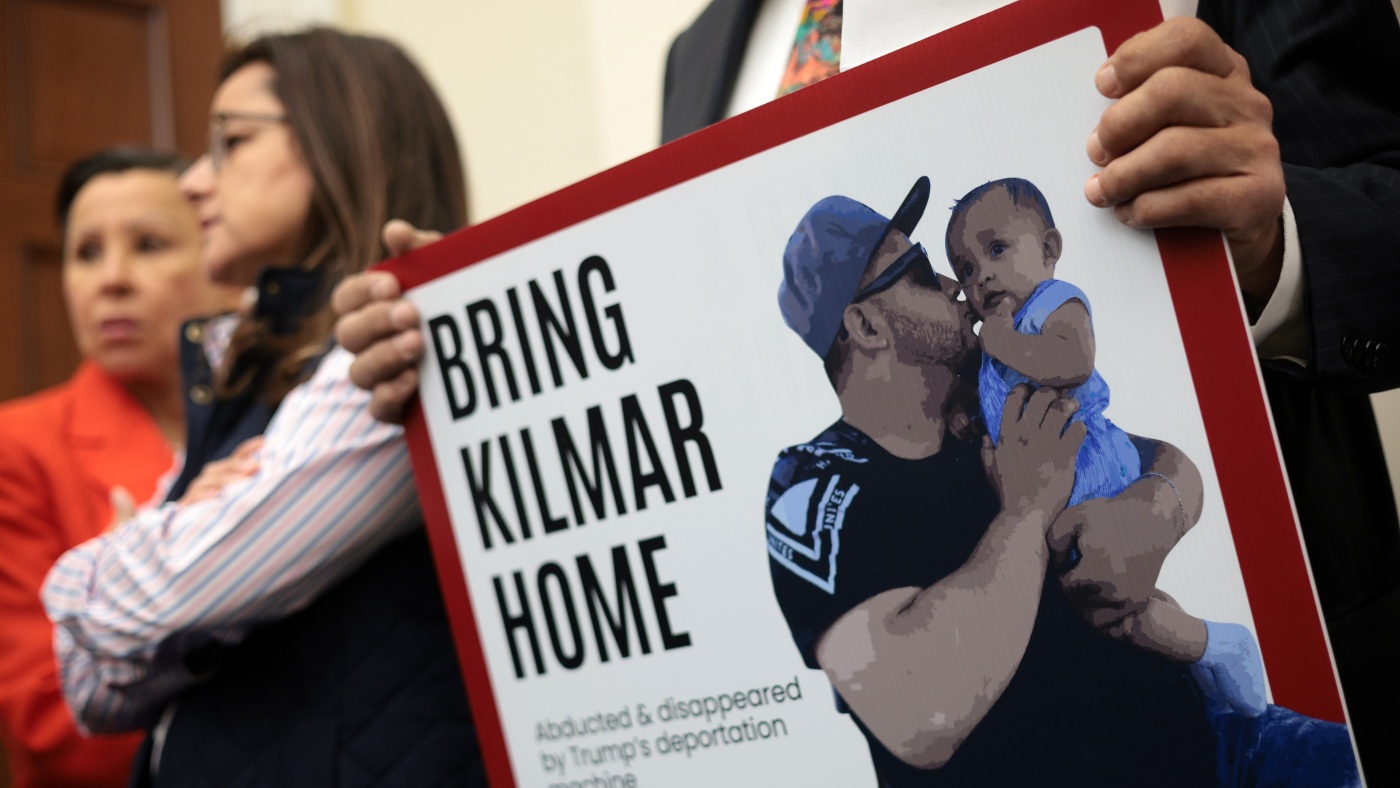ISLAMABAD (AP) — Pakistan’s Foreign Minister Ishaq Dar announced on Saturday that his country is open to de-escalation if India halts its attacks. This remark follows a recent statement from India expressing its commitment to non-escalation as long as Pakistan reciprocates.
Tensions escalated between the two countries after a deadly attack last month, which India attributes to Pakistan. On Saturday, both nations exchanged strikes. Dar warned that any Indian offensive would prompt a strong response from Pakistan, emphasizing that their patience had run out. He mentioned this perspective to U.S. Secretary of State Marco Rubio, who reached out after discussions with Indian officials.
India confirmed it targeted Pakistani air bases in retaliation for missiles fired at civilian and military sites in Punjab. Pakistan reported intercepting most of these missiles and confirmed retaliatory attacks were in process.
India and Pakistan’s Ongoing Conflict
Indian Colonel Sofiya Qureshi informed the media that Pakistan’s strikes had targeted health facilities and schools. Wing Commander Vyomika Singh reinforced India’s commitment to non-escalation, provided Pakistan ceased its hostilities. However, she highlighted the mobilization of Pakistani troops as indicative of potential further escalation.
Singh claimed that India’s operations focused on minimizing collateral damage, targeting specific military locations. Pakistan disputed these claims, asserting that it hit several Indian military assets effectively.
The Rising Tensions
The situation peaked after an attack on April 22 in India-controlled Kashmir, which resulted in the deaths of 26 civilians, primarily tourists. India accuses Pakistan of complicity, a charge Pakistan denies. Pakistan’s military reported strikes on various Indian air bases, marking a critical moment in their ongoing tensions.
As reports of explosions emerged from Indian-controlled Kashmir, residents expressed fear and confusion. Many described a war-like atmosphere with loud booms and military actions affecting their daily lives.
Praveen Donthi, an expert from the International Crisis Group, described the scenario as a dangerous cycle of military escalation without strategic clarity. He pointed out that rising civilian casualties on both sides complicated the search for a peaceful resolution.
These developments mark a troubling chapter in the longstanding conflict between the two nuclear-armed nations. The potential for miscalculation remains high, reinforcing the need for urgent dialogue.
For more information on international conflicts and peace-building efforts, you can refer to the International Crisis Group and stay updated on the evolving situation.
Source link
Marco Rubio, Pakistan, India, India government, Pakistan government, Islamabad, Shesh Paul Vaid, General news, South Asia, AP Top News, World news, Mohammed Yasin, Tammy Bruce, War and unrest, Praveen Donthi, Sofiya Qureshi, Ahmad Sharif, Military and defense, Vikram Misri, Nur Khan





















